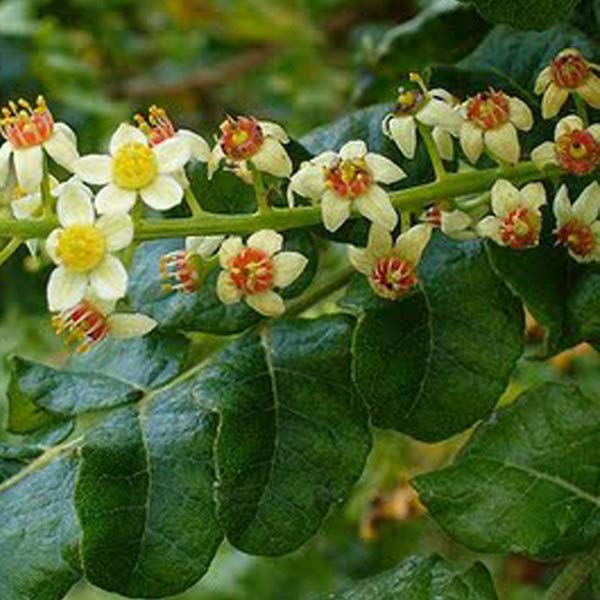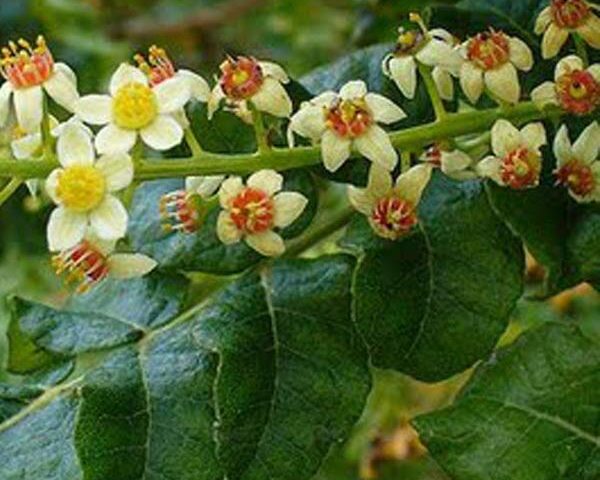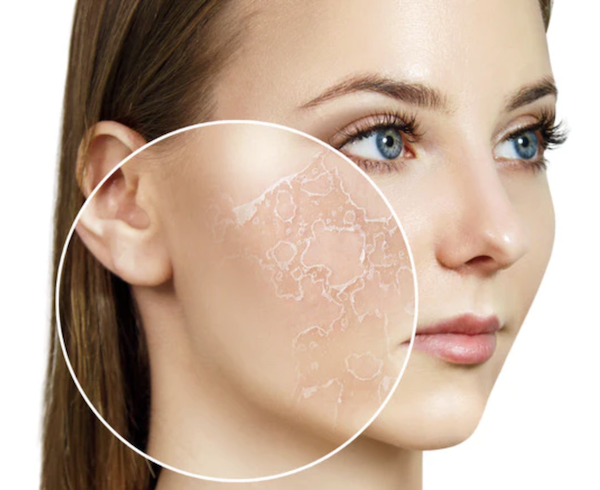Ancient remedy with modern results for arthritis, colitis, asthma & more!

As a medicine, Boswellia has been used since ancient times in both India and China. Boswellia trees are tapped for their fragrant resin, which then hardens a bit into orange brown “rocks.” You might be familiar with these as Frankincense incense. It all comes from the same tree.
Boswellia resin contains many active compounds, most of which are anti-inflammatory. The most potent compound studied so far is KBA (11-keto-B-boswellic acid), which inhibits the release of leukotrienes that are involved in asthma and many other inflammatory conditions. Another compound is AKBA (3-O-acetyl-11-keto-B-boswellic acid), which has been studied in arthritis, bronchial asthma, chronic colitis, ulcerative colitis, Crohn’s disease, and even cancer.
Because Boswellia’s main anti-inflammatory pathway is to block leukotrienes, it combines well with turmeric or ginger, which reduce inflammation by different pathways. Together they can pack a powerful anti-inflammatory punch.
Potential Health Benefits
Rheumatoid Arthritis & Osteoarthritis – The Arthritis Foundation recommends Boswellia because it has “anti-inflammatory and analgesic or pain-relieving properties. It also may help prevent cartilage loss and inhibit the autoimmune process.”
Clinical trials on OA patients using Boswellia extract for three months resulted in significantly improved joint pain and functionality. Patients began feeling significant improvement after just seven days. An Indian study also showed it slowed cartilage damage after three months of use.
Chronic & Ulcerative Colitis – Boswellia traditionally has been used for its wound-healing, anti-ulcer, and anti-diarrhea properties. Modern studies show Boswellia has antioxidant activity and protects the intestinal epithelial barrier from inflammatory damage. In clinical trials, patients with chronic colitis and ulcerative colitis were effectively treated with minimal side effects.
Asthma – Boswellia traditionally has been known for its beneficial effect on the respiratory system and has been used in steam inhalations, baths, and massages for cough, catarrh, bronchitis, and asthma. Modern studies show it blocks leukotriene production, which is a key player in asthma. Small studies show Boswellia improves symptoms of asthma, such as difficulty breathing, wheezing, and the frequency of attacks.
Skin Protection – Creams made with Boswellic acids on facial skin led to significant improvements in photoaging, tactile roughness, fine lines, and elasticity in a small study of women. In another study, a 2% Boswellia extract cream used twice daily for five weeks significantly reduced skin redness and irritation caused by radiotherapy. It decreased the need for cortisone cream by 60%. In another study of patients with psoriasis, scales, or skin irritation, a 2% Boswellic acid cream soothed the skin and improved symptoms 50-70%.
Anticancer Effects – Several animal studies show promising results, though much more study is needed. In vitro, Boswellic acids have anticancer effects, without affecting healthy cells. In animal studies, Boswellia inhibited the growth and metastasis of colorectal, stomach, and breast cancers.
Potential Side Effects
Boswellia has remarkably low toxicity, and is generally considered safe by the FDA. Possible side effects are mild and rare: nausea, heartburn, itching.
REFERENCES




